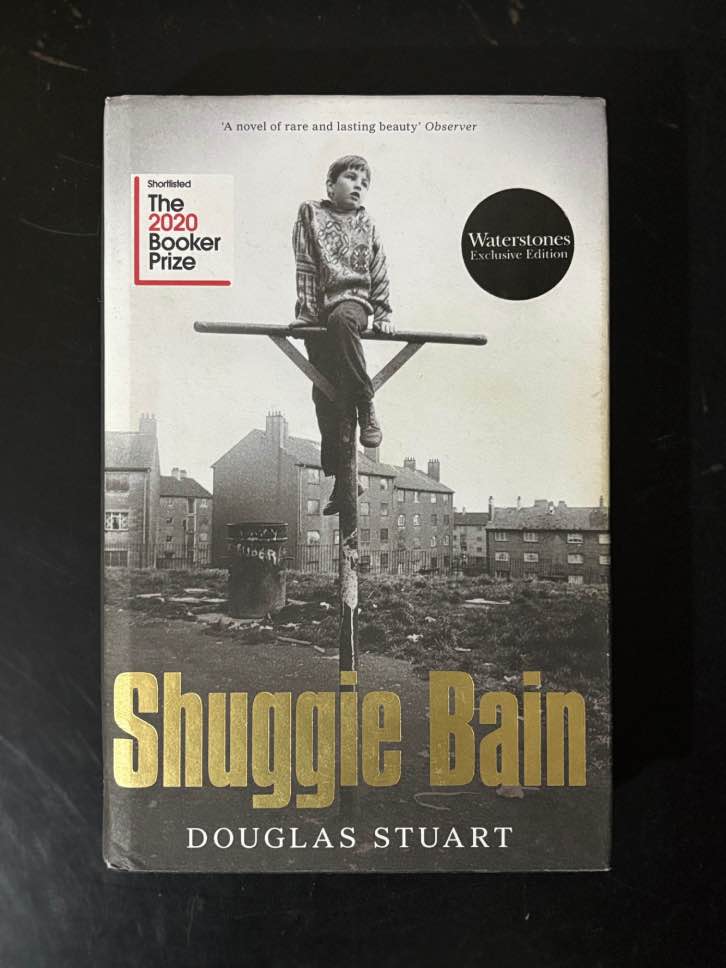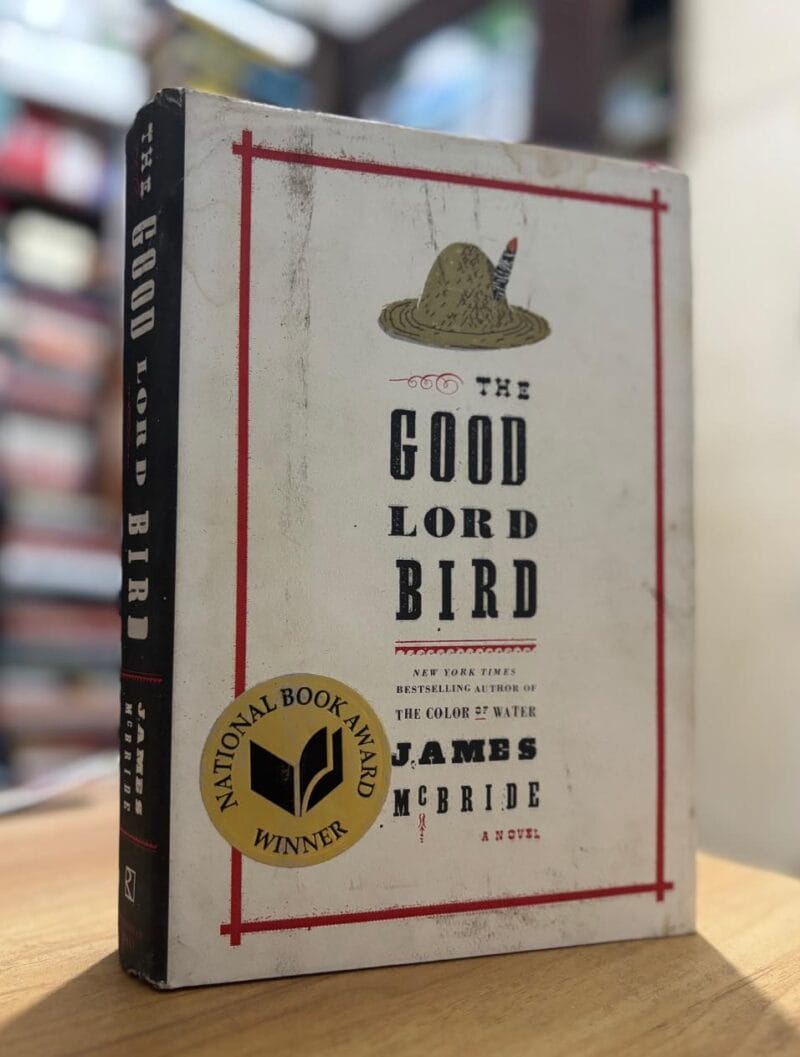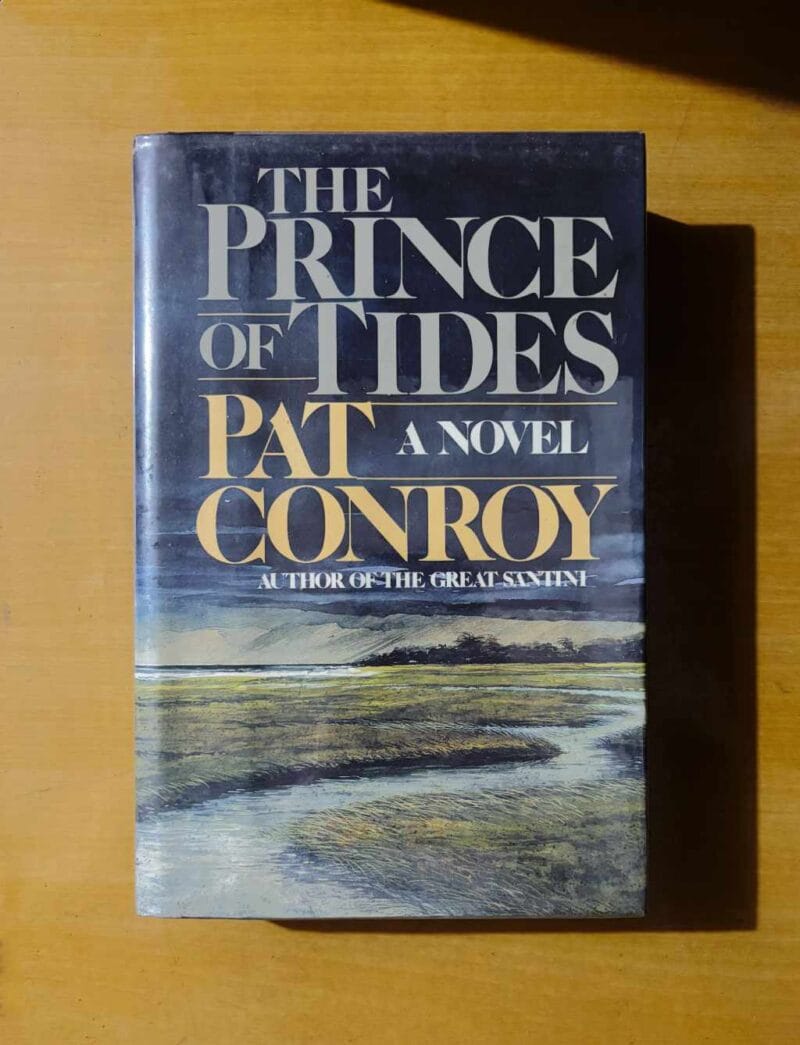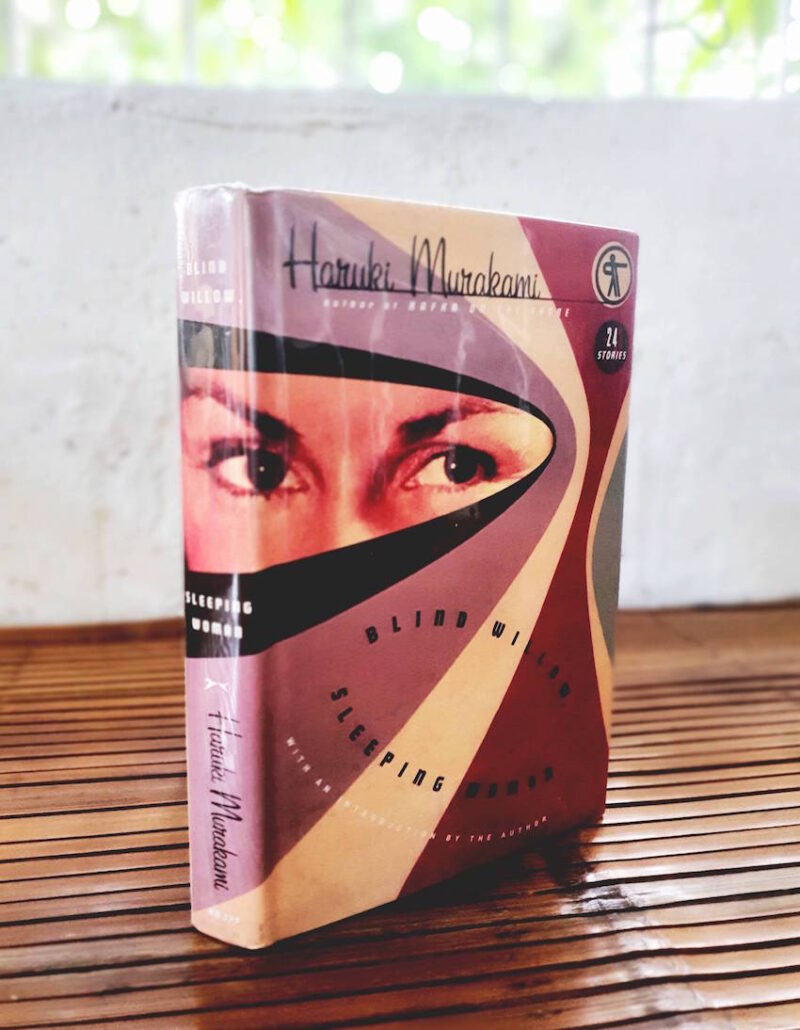Douglas Stuart’s Shuggie Bain (2020) immerses readers in the harsh reality of 1980s Glasgow, characterized by economic hardships and social challenges. The novel, which received the 2020 Booker Prize, centers around young Shuggie’s struggle with an environment overshadowed by the stagnation of the Thatcher years and a family life strained by his mother’s alcoholism. Stuart intricately portrays their complexities and the impact of addiction on family dynamics.
Agnes Bain, Shuggie’s mother, is a complex character who serves as the emotional axis of this poignant story. Her battle with alcohol is depicted with unflinching honesty, reflecting a struggle that transcends time and place. As Shuggie’s primary guardian, her influence is both destructive and deeply loving, providing a rich exploration of their fraught relationship and the relentless hope that defines Shuggie’s character.
Interwoven in the narrative is a stark depiction of Glasgow’s working-class life. Stuart, a native Glaswegian, brings an authenticity to the ambiance, crafting a backdrop that feels both bleak and vivid. Shuggie’s journey is not just a personal story; it’s a reflection of a community grappling with widespread unemployment and the specter of addiction. The narrative also touches on Shuggie’s personal growth, touching subtly on themes explored in Stuart’s more recent work, Young Mungo (2022).
Author and Background

Stuart drew from personal and historical contexts to craft his debut novel, exploring themes of familial love and struggle, set against the backdrop of 1980s working-class Glasgow. The setting underscores the challenges faced by communities during Margaret Thatcher’s era.
Douglas Stuart’s Inspiration
Shuggie Bain is notably influenced by Stuart’s own upbringing in Glasgow. He was the youngest child in a single-parent household, drawing parallels with Shuggie’s story. Stuart’s mother grappled with alcoholism, much like Agnes Bain. These personal experiences provided a deep well of material for his writing, enriching the narrative with authenticity and emotional power.
Despite drawing from his life, Stuart emphasizes that Shuggie Bain is not autobiographical. The novel reflects broader truths about the struggles of individuals and communities during a challenging economic period. This blend of personal and wider observations of society shapes the novel’s intricate portrayal of love and hardship.
Setting and Socioeconomic Context
Glasgow, a city facing significant economic and social challenges in the 1980s, serves as the setting for the novel. High unemployment rates and poverty marked this era, exacerbated by policies under Margaret Thatcher’s government. Industrial decline hit working-class areas like Sighthill and Pithead hard, providing the backdrop for this poignant story.
These locations, known for their economic difficulties, mirror the experiences of Shuggie and his family. The setting plays a crucial role in highlighting the resilience and struggles faced by those living in post-industrial areas. The societal backdrop enriches the storyline, providing context for the characters’ struggles.
Influences on Writing
Both personal experience and broader literary influences shape Stuart’s style in Shuggie Bain. His focus on detail and character development is influenced by writers known for their vivid storytelling and deep human insights, such as James Kelman and Alan Warner. Kelman’s gritty realism and Warner’s nuanced portrayal of working-class life resonate in Stuart’s depiction of 1980s Glasgow.
Stuart’s background in fashion design, where attention to detail is paramount, bolsters the narrative’s authenticity. Vogue quoted him as saying, “The craft of textiles and the craft of fashion teaches you a lot about writing.” His writing reflects this perspective, enabling a deep exploration of character and environment.
By immersing readers in the detailed lives of his characters, Stuart elicits empathy and a profound connection to their struggles and triumphs. Interestingly, people often compare his writing to Charles Dickens, despite his own admission that he had never read any of Dickens’s works.
Themes and Motifs

Class and Inequality
The novel paints a stark picture of the working-class life in 1980s Glasgow, marked by pervasive poverty and class struggles. Many characters grapple with the harsh realities of economic hardship, which perpetuates a cycle of suffering and neglect. The story, told through the eyes of young Shuggie Bain, highlights the crushing weight of inequality on individuals striving for dignity and hope.
The economic backdrop amplifies the characters’ struggles, forcing them to make difficult choices and face societal disdain. The characters’ daily struggles against the systemic barriers that keep them impoverished vividly express this theme.
Family and Relationships
Family dynamics lie at the heart of the novel, with a focus on complex relationships deeply affected by addiction. Agnes Bain’s alcoholism profoundly impacts her bond with her children, creating a tumultuous household filled with moments of both tenderness and pain.
The novel intricately examines the ways familial love persists in the face of adversity. It depicts the children’s loyalty amidst parental neglect and addiction, highlighting the ties that bind them despite chronic turmoil. These relationships are fraught with challenges, yet they form the emotional core of the narrative, underscoring themes of resilience and survival.
Identity and Self-Discovery
Identity and the journey of self-discovery are central themes in Shuggie’s story, capturing his struggle with sexuality and masculinity. As an effeminate boy growing up in a highly traditional environment, Shuggie faces homophobia and bullying.
This coming-of-age tale expertly portrays Shuggie’s search for acceptance and self-definition in a world resistant to difference. His journey is emblematic of broader conflicts between individual identity and expectations of society. Through Shuggie’s evolving understanding of himself, the novel offers insights into the complexities of finding one’s place in a judgmental environment.
Literary Analysis and Critique

Structure and Narrative Style
Shuggie Bain employs a linear narrative, focusing primarily on the development of its central characters, Shuggie and his mother Agnes. The novel spans a decade, capturing key moments in their lives with vivid detail.
The structure allows readers to witness the gradual decline of Agnes and its impact on Shuggie, providing a comprehensive insight into their world. Stuart’s use of shifting perspectives, mainly through Shuggie’s viewpoint, helps to capture the protagonist’s growing awareness of his identity and surroundings. By weaving together their lives, the novel maintains a cohesive plot that provides a balanced portrayal of family dynamics in a community facing economic hardship.
Use of Language and Dialogue
Stuart’s use of language in Shuggie Bain is both authentic and evocative, drawing heavily on Glaswegian vernacular and slang to depict life in 1980s Glasgow. Dialogue plays a crucial role in establishing character relationships and portraying the stark realism of their environment.
The dialect immerses readers in the Scottish setting, offering a distinct flavor and regional authenticity. Characters’ speech often reflects their social standing, emotional state, and cultural background, conveying much about their lives beyond what narrative description can offer. Language becomes a crucial tool that bridges the personal and communal aspects of the story, reinforcing the themes of class, identity, and resilience. Stuart’s dialogue captures the essence of each character, contributing to the depth and realism of the novel.
Critical Reception
Shuggie Bain is Stuart’s debut novel, which garnered significant acclaim upon its release. It earned the prestigious Booker Prize in 2020. Critics have praised its vivid portrayal of life in 1980s Glasgow. The British Book Awards also recognized Shuggie Bain for its striking storytelling, further cementing its status. Publications like the Guardian and the New York Times Book Review commended its emotional impact and authenticity.
Douglas Stuart’s captivating prose effectively brought attention to themes of resilience in the face of harsh and oppressive environments. In addition to praise from major publications, Kirkus Reviews noted the novel’s power and depth. The Washington Post also highlighted its honest depiction of family struggles.
Selected Passage with Analysis
The day was flat. That morning his mind had abandoned him and left his body wandering down below. The empty body went listlessly through its routine, pale and vacant-eyed under the fluorescent strip lights, as his soul floated above the aisles and thought only of tomorrow. Tomorrow was something to look forward to.
Opening paragraph, Shuggie Bain by Douglas Stuart
This opening line illustrates Shuggie's profound sense of disconnection, as his mind and body exist in separate realms, indicating his inner turmoil. It telegraphs the novel's primary themes, including the disconnection between mind and body and the fleeting sense of hope embodied in "tomorrow." This particular word contrasts the current emotional bleakness with a glimmer of optimism, indicating Shuggie's desire for a better future.
The tone oscillates between melancholic and hopeful. While the description of the "empty body" evokes sadness, the notion of looking forward to tomorrow introduces a fragile hope. This duality provides context for the reader's understanding of Shuggie's emotional state, contrasting the lifeless "pale and vacant-eyed" body against the aspiration of tomorrow. This juxtaposition amplifies the character’s internal struggle, enhancing the overall emotional depth of the ensuing narrative.
Further Reading
Douglas Stuart on writing Shuggie Bain: ‘It was a difficult process’ by John Self, The Irish Times
Shuggie Bain, a Window on Postindustrial Glasgow by Eliza Gearty, Jacobin
Shuggie Bain Makes It Out by Matthew Schneier, Vulture
Shuggie Bain: 10 Images That Inspired A Booker Prize Winner by Craig McLeany, Mr. Porter




